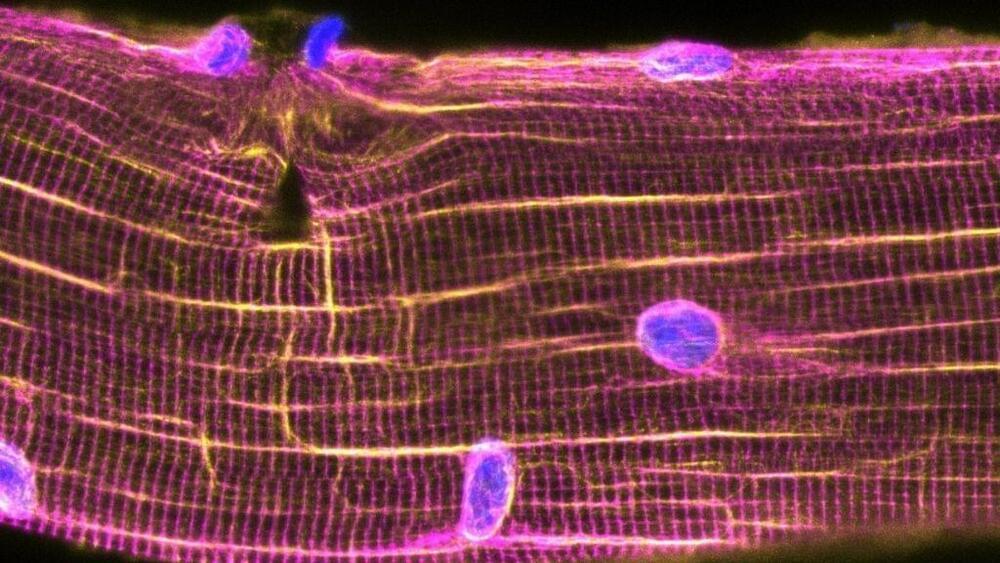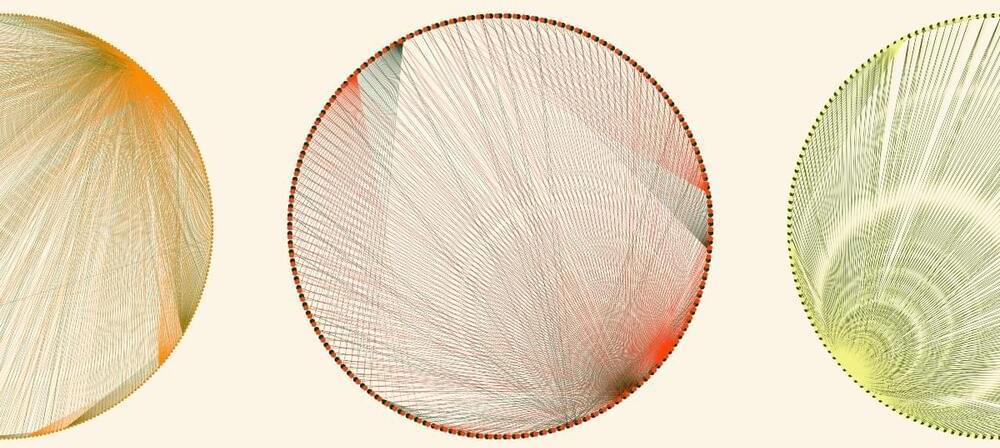IoT Evolution World magazine announced today the recipients of their 2021 IoT Edge Computing Excellence Awards. This award recognizes the companies emerging as leaders in the growing edge computing space…
“Innovation in edge computing is separating the good from the great, pretenders and contenders,” said Moe Nagle, Editorial Director for IoT Evolution. “In selecting the winners, it is easy to see why these companies and their solutions have risen to the top.”









